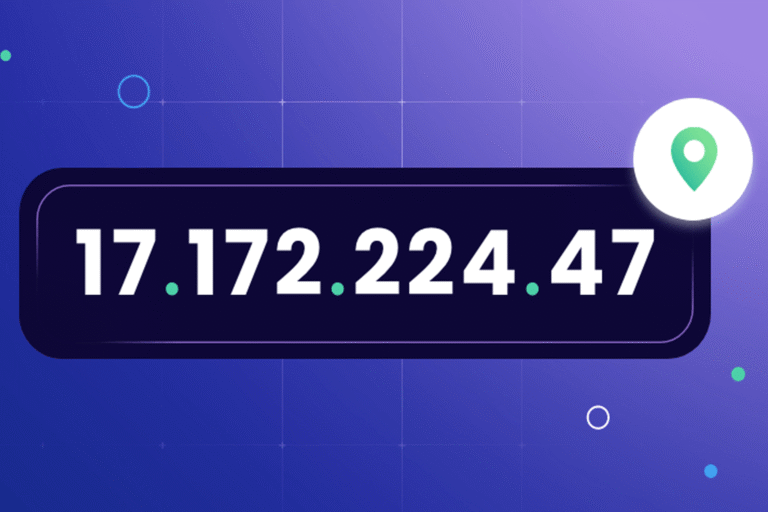I believe that At a certain point yes, at a certain point no… We are Living in an era where information is everywhere, and things have become easier. it’s tempting to think that the human mind might lose its edge. During the time i was schooling, Artificial intelligence wasn’t there and we were also not allowed to use computer devices. Now days things have changed and it prompts me to often ask whether it is a good thing for Artificial intelligence to do our thinking and all.
In this article, We’ll discuss why embracing tools like AI is not necessarily a death sentence for creativity, but why intentional effort is still required to keep our minds sharp and inventive.
Our ability to think creatively is not dead—it is evident in the ways we harness technology to solve real-world problems.
Mukiibi Hamza Katende
Growing up and schooling in Uganda, back in my days was tough and hard, well am not seeing that now its easier because you might as well find the kids of this era thinking that their kind of education is hard but for us we weren’t allowed to use phones, computers, or any “smart” devices. The only thing we were allowed to have were Calculators. During a one conversation with one friend of mine who is older than me (grand father figure), I discovered that in their school days, not even calculators were allowed — everything was done manually. Imagine doing math without calculators, anyways we did use in our primary sections and it was hard.

I asked him if he thinks that us who used to use calculators to count and them who didn’t, whos better and also I asked him if it is good for us to base everything we are doing onto technology he said;
“There is no need to reinvent the wheel when the wheel is already made,” It made me realize that while times have changed, the fundamental goal of education remains: to challenge the human mind.
In my country Uganda, the education system focused heavily on rote learning, critical thinking, and problem-solving skills. Without AI or digital assistance, students were forced to stimulate their minds fully, develop resilience, and cultivate creative problem-solving skills.
Today, we live in an era where AI like ChatGPT, Google Search, and a plethora of educational apps can solve complex problems within seconds. The question is:
Are these tools enhancing our intelligence or making us lazy?
Technology offers efficiency. Back in the day, writing a blog post could take hours; today, with the help of AI, it might take just minutes. We’ve essentially solved problems of speed and productivity.
However, over-reliance on technology reduces the mental effort we exert. Instead of brainstorming or wrestling with difficult concepts, many people prefer to “just Google it.” Over time, this habit risks atrophying our cognitive muscles, similar to how physical muscles weaken without exercise.
Is AI Killing Our creativity?
According to a 2023 study by Harvard Business Review, AI and machine learning tools enhance human decision-making by providing data-driven insights but still rely on human judgment to make meaningful conclusions.
In Uganda, tech-savvy entrepreneurs are using AI to develop solutions for agriculture, health, and education. Apps that help farmers predict weather patterns or diagnose plant diseases are examples of creative thinking amplified by technology.
Thus, while technology makes life easier, it doesn’t inherently kill creativity. Instead, it challenges us to think differently and approach problems from new angles.

How to Stay Creative in a High-Tech World
To preserve and nurture our innate creativity in the age of AI, we must engage actively with technology, not passively consume it. Here’s how:
- Think of technology like a calculator. It assists but doesn’t replace the understanding of how math works. Before asking AI or Google, challenge yourself to solve the problem first manually. Then compare your result to what the tool suggests.
- Constant questioning is the bedrock of creativity. Instead of accepting information at face value, analyze, question, and interpret. When using AI for assignments, critique the AI’s answer instead of copying it directly.
- Activities like puzzles, writing, brainstorming sessions, and strategic games strengthen cognitive skills. Dedicate at least 30 minutes a day to a non-digital creative activity, such as sketching ideas on paper or journaling.
- Continuous learning keeps the mind sharp. Technology offers endless learning resources, but it’s up to you to be proactive. Sign up for an online course (without using AI assistance) to challenge yourself in new fields.
Humans are created with a mind capable of thinking, doing, and solving. If we do not put it to work, we risk losing what could be the greatest minds

Why Mind Stimulation Still Matters
The emergency of technology isn’t inherently bad—it’s a remarkable achievement. However, it becomes dangerous when it replaces our natural hunger for problem-solving.
In Uganda and around the world, the most successful individuals aren’t just tech-savvy; they are creative thinkers who leverage technology wisely.
Technology should not replace thinking—it should fuel it.
Conclusion
Technology has fundamentally changed the way we learn, solve problems, and express creativity. In Uganda, from the era of no calculators to the AI-driven world today, each generation has faced the challenge of adapting without losing their intellectual essence.
It’s not about rejecting technology, but about using it as a tool to unlock deeper creativity, not escape from thinking.




Leave a Comment